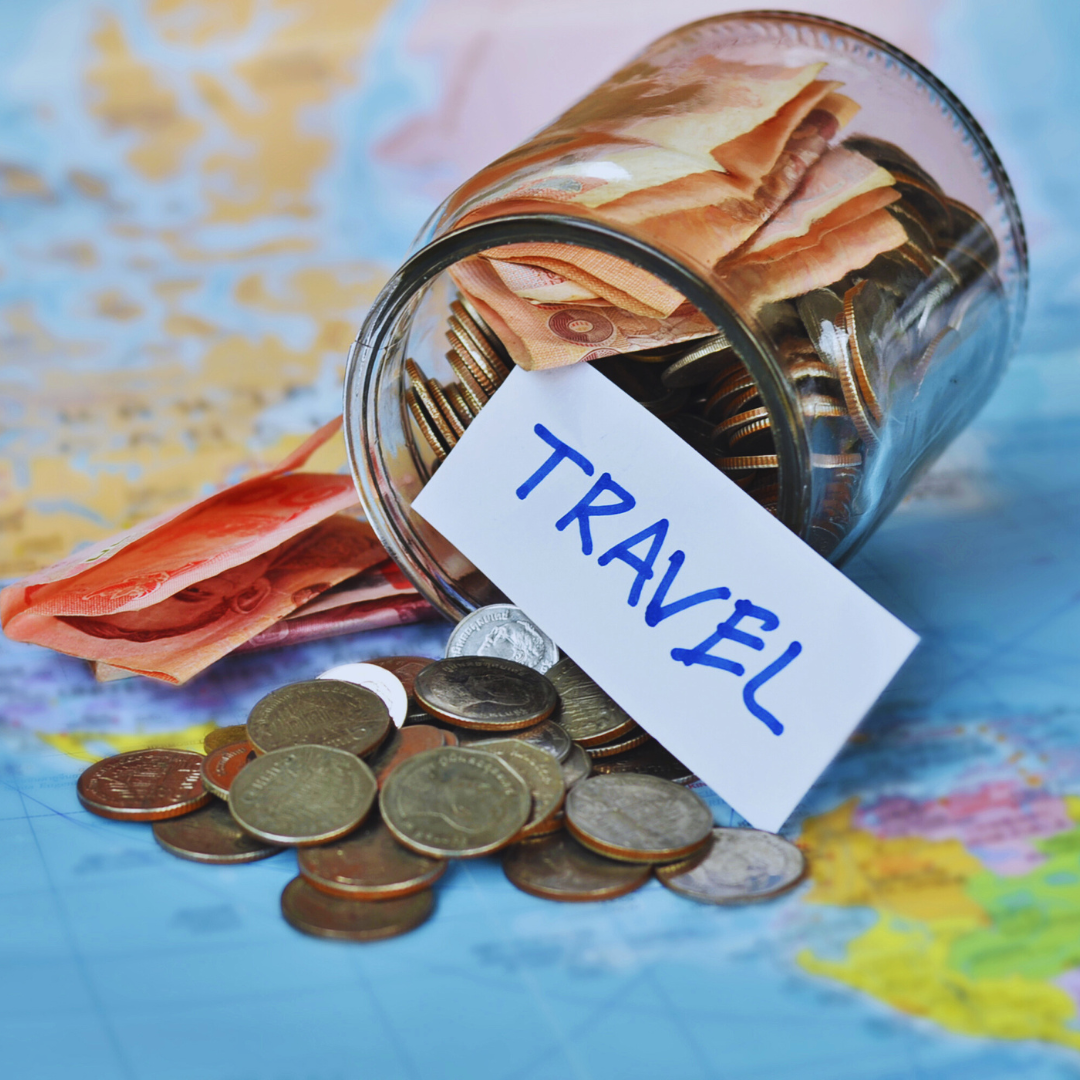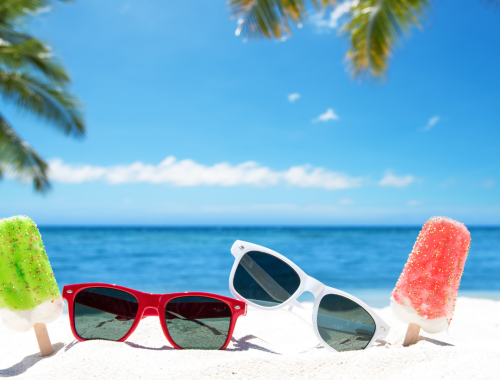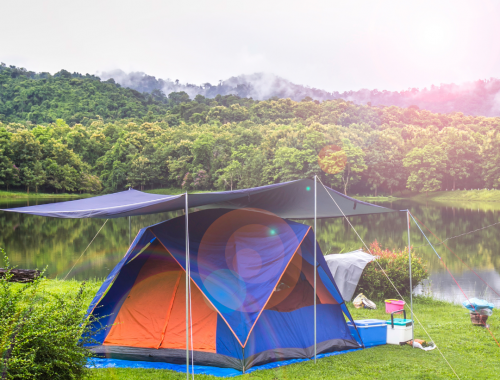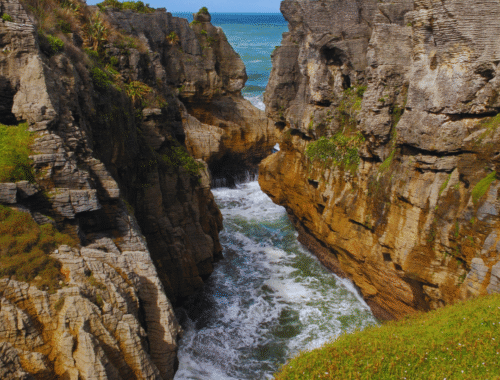
How to Budget for a Month-Long Adventure: Essential Tips for Financial Planning
Budgeting for a month-long adventure requires careful planning and realistic expectations. Establishing a clear budget not only helps manage finances but also enhances the overall experience by allowing for guilt-free spontaneity during the trip. Identifying major expenses such as accommodation, food, travel, and activities will provide a solid foundation for effective financial management.
Setting priorities is essential for ensuring that funds are allocated appropriately. By breaking down the budget into daily spending limits, travellers can track expenses more easily and make adjustments as needed. The key is to remain flexible while sticking to a well-defined plan to avoid unexpected costs that could derail the adventure.
Ultimately, a successful budget enables adventurers to explore without the stress of financial uncertainty. With thoughtful preparation, it is possible to enjoy a fulfilling journey that aligns with their financial means and travel goals.
Essential Planning for a Month-Long Adventure
Proper planning is critical for a month-long adventure. Specific strategies include setting financial goals, estimating total travel expenses, researching the cost of living, and creating a detailed itinerary. These steps can help ensure a successful and enjoyable experience.
Setting Financial Goals
Establishing clear financial goals is the first step in budgeting for travel. They should include the overall budget for the trip and daily spending limits.
Consider dividing the budget into several categories:
- Accommodation
- Food
- Activities
- Transportation
- Miscellaneous expenses
For long-term travel, it’s wise to anticipate unexpected costs. Aim for a savings buffer of 10-20% above the estimated budget. Regularly tracking these goals helps ensure the adventure stays within financial limits.
Estimating Your Total Travel Budget
Estimating the total travel budget involves several factors that vary by destination. It’s essential to consider the primary expenses of the trip.
A sample breakdown could look like this:
|
Expense Type |
Estimated Cost (per day) | Total for 30 Days |
|
Accommodation |
£50 | £1,500 |
|
Food |
£30 |
£900 |
| Transportation | £20 |
£600 |
| Activities |
£25 |
£750 |
|
Miscellaneous |
£15 |
£450 |
|
Total |
£4,200 |
Adjust these figures based on local prices to refine the budget. This estimate creates a realistic financial expectation for a month-long journey.
Researching the Cost of Living
Understanding the cost of living in the destination is crucial. This includes researching prices for food, accommodation, and local transport. Tools such as cost of living indexes can help provide a clearer picture.
When researching, gather information from:
- Travel blogs
- Expat forums
- Cost comparison websites
It can also be beneficial to speak to locals or expats, as they often provide valuable insights into hidden costs. This knowledge contributes to more accurate budgeting and helps avoid overspending.
Creating a Detailed Itinerary
A well-defined itinerary lays the groundwork for managing travel expenses. Break down the month into segments, detailing activities and necessary bookings.
Include:
- Dates and locations of stays
- Activities planned
- Transportation methods and costs
An example itinerary item might look like this:
- Day 1-3: Paris
- Accommodation: £120 per night
- Activities: Louvre visit (£17), Seine river cruise (£20)
Planning these details helps avoid financial surprises and maximises enjoyment during the adventure. Allow for flexibility to adapt as needed throughout the journey.
Allocating Expenses: Accommodation, Transport, and Food
Effective budgeting for travel requires careful consideration of accommodations, transport, and food. These key expenses often dictate the overall experience and enjoyment of any adventure. Addressing each category methodically ensures a reliable and balanced financial plan.
Choosing the Right Accommodations
Selecting the appropriate accommodation is vital to maintaining a budget. Options include hotels, hostels, Airbnb, and couchsurfing. Each type has its pros and cons regarding price and amenities.
Hotels may offer convenience and comfort but tend to be pricier. Hostels provide affordable dormitory-style lodging, ideal for budget travellers seeking social interaction. Airbnb can be a great middle-ground, offering unique stays often at competitive prices. Lastly, Couchsurfing is a free option that allows travellers to connect with locals but may lack privacy.
Research different platforms and read reviews to find a suitable choice. Comparing prices across multiple sites can reveal significant savings. Always consider location, as staying further from tourist hotspots can reduce costs, but might increase transport expenses.
Planning Transportation Options
Transportation can quickly consume a travel budget if not addressed properly. Options range from public transportation to taxis and budget airlines.
Public transportation (buses, trains, trams) is generally the most economical choice for getting around cities. Many cities offer travel cards that provide unlimited access for a set period. This can be a cost-effective way to explore.
For longer distances, budget airlines often offer competitive rates. It’s wise to book flights in advance and remain flexible with travel dates to secure the best deals.
Occasionally, walking is the best way to absorb local culture and discover hidden gems. In urban areas, consider using ridesharing apps for convenience, albeit at a higher cost than public transport.
Budgeting for Food and Snacks
Food spending varies significantly based on personal choices and needs. Eating out for every meal can add up quickly. Budget-friendly options include local markets, food stalls, and casual dining.
Cooking can be a major cost-saver, especially when staying in accommodations with kitchen facilities. Purchasing groceries and preparing meals can greatly reduce expenses.
When eating out, choose lunch instead of dinner for better deals. Many local eateries offer lunch specials that are both affordable and delicious. Don’t forget to budget for snacks and drinks, which can enhance the overall experience.
Sampling street food can provide authentic tastes without hefty prices.
Preparing for Activities and Excursions
Setting aside a separate budget for activities ensures that excursions do not disrupt financial plans. Popular activities or tours may require advance booking, so allocate funds accordingly.
Prioritise experiences that align with interests while considering entry fees. Research local walking tours, which often offer valuable insights at little to no cost.
Discount passes may be available for multiple attractions, helping to save money when visiting several sites.
Being mindful of potential hidden costs, like equipment rentals or guide fees, will also aid in better financial preparation.
Preparing for Travel: Insurance, Visas, and Essential Gear
Effective preparation for travel involves securing the right insurance, understanding visa requirements, and packing essential gear. Each of these components is crucial to ensure a smooth and enjoyable adventure.
Selecting the Right Travel Insurance
Travel insurance offers vital protection against unexpected events. Coverage typically includes trip cancellations, medical emergencies, and lost belongings.
When selecting a policy, consider factors such as:
- Coverage type: Look for comprehensive plans that cover medical, repatriation, and personal liability.
- Duration: Ensure the policy covers the entire length of the trip.
- Pre-existing conditions: Check if the plan covers any medical issues that may arise.
Compare different providers and read reviews for tailored policies that offer the best value and coverage for their travel needs.
Understanding Visa and Vaccination Requirements
Visas and vaccinations vary significantly by destination. Travellers need to research specific requirements well in advance.
Key aspects include:
- Visa types: Understand if a tourist, business, or transit visa is needed. Some countries allow e-visas or visa-on-arrival services.
- Duration of stay: Some visas have limits on the length of stay, which can affect travel plans.
- Vaccinations: Certain destinations may require vaccinations, especially for tropical diseases. Always check with healthcare professionals for updated information.
Maintaining an organised travel document folder with copies of important paperwork is advisable.
Packing Clothing and Equipment
The right clothing and equipment enhance comfort and utility. The specific items depend on activities planned during the trip.
Consider the following:
- Clothing: Pack lightweight, versatile items that can be layered. Quick-dry fabrics are ideal for varied climates.
- Footwear: Bring sturdy shoes suitable for walking or hiking, alongside casual options.
- Backpack: Choose a comfortable, well-sized backpack to carry essentials.
Utilising packing cubes can help keep items organised, maximising space and accessibility.
Managing Money and Travel Credit Cards
Financial management is crucial during travel. Using the right credit cards can save money and provide convenience.
Key considerations include:
- Travel credit cards: Select cards that offer no foreign transaction fees and good earning rates on purchases.
- Cash: Allocate a small amount of cash for emergencies, as not all places accept cards.
- Budgeting: Maintain a daily spending limit to avoid overspending.
Having a mix of payment options ensures flexibility and security while travelling.
You May Also Like

How To Pack For A Beach Vacation: The Ultimate Guide
21 April 2023
Travel Advice: 7 Things to Consider When Camping Outdoors
20 December 2022

